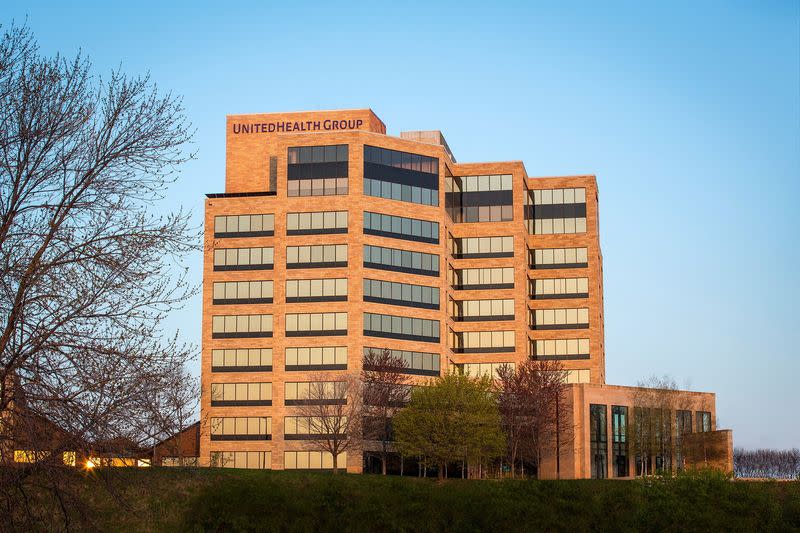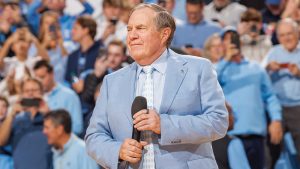(Reuters) -UnitedHealth CEO Andrew Witty said on Thursday that healthcare in the U.S. needs to be “less confusing, less complex and less costly” during the company’s first earnings call since the murder of Brian Thompson, the head of its insurance unit. Thompson’s killing outside a hotel where the company was to hold its investor day meeting was met with shock across the industry as well as a social media outpouring of anger from Americans frustrated over their dealings with health insurers, citing medical care denials and high costs. Witty said the company would work with policymakers to reduce the frequency of prior authorization approvals required before a patient can access medical treatment in its Medicare business for people age 65 and older or with disabilities.
By Sriparna Roy and Bhanvi Satija
(Reuters) -UnitedHealth CEO Andrew Witty said on Thursday that healthcare in the U.S. needs to be “less confusing, less complex and less costly” during the company’s first earnings call since the murder of Brian Thompson, the head of its insurance unit.
Thompson’s killing outside a hotel where the company was to hold its investor day meeting was met with shock across the industry as well as a social media outpouring of anger from Americans frustrated over their dealings with health insurers, citing medical care denials and high costs.
Witty said the company would work with policymakers to reduce the frequency of prior authorization approvals required before a patient can access medical treatment in its Medicare business for people age 65 and older or with disabilities.
“Some of this work we can do on our own and we are doing it, but we are encouraged by industry and policymaker interest in solving for this particular friction in the system,” said Witty, who was previously CEO of British drugmaker GlaxoSmithKline.
UnitedHealth, which operates the biggest health insurer in the United States, a large pharmacy benefit manager, and other businesses, reported fourth-quarter results on Thursday that reflected persistent challenges for the health insurance sector.
Shares of UnitedHealth, the first company with a large health insurance component to report earnings, fell 4.7% in early trading, dragging down rivals along with it. CVS Health and Elevance Health were both down more than 2%.
Medical costs in the fourth quarter came in above Wall Street estimates, due to persistently high demand for healthcare services from older adults and an influx of sick patients in its Medicaid plans for lower-income Americans.
UnitedHealth’s medical cost ratio — the percentage of premiums spent on medical care — was 87.6% for the quarter, while analysts were estimating 85.95%, according to LSEG data. Companies typically aim for a ratio closer to 80%.
Higher medical costs in government-backed Medicare plans and changes in enrollment to Medicaid plans have weighed on the industry for more than a year.
“It just shows that this is an issue that’s not abating yet and some investors were hoping that we’d see maybe better trends going into 2025,” said James Harlow, an executive at Novare Capital Management, which owns UnitedHealth shares.
UnitedHealth said reduced payments from states for members on Medicaid also weighed during the quarter.
Chief Financial Officer John Rex said the company feels confident about its pricing and sees state payment rates more accurately reflecting the rate of sick patients in 2025.
The company maintained its 2025 adjusted profit forecast of $29.50 to $30.00 per share, and expects a medical cost ratio of 86% to 87% this year.
“The market appeared disappointed that this typical overachiever merely met its 2024 goals and kept its lackluster 2025 outlook intact,” said Morningstar analyst Julie Utterback.
Fourth-quarter revenue was $100.81 billion, below estimates of $101.76 billion, hurt by lower-than-expected premiums.
On an adjusted basis, UnitedHealth earned $6.81 per share, topping Wall Street estimates by 9 cents.
(Reporting by Sriparna Roy and Bhanvi Satija in Bengaluru and Amina Niasse in New York; Editing by Shounak Dasgupta and Saumyadeb Chakrabarty)













